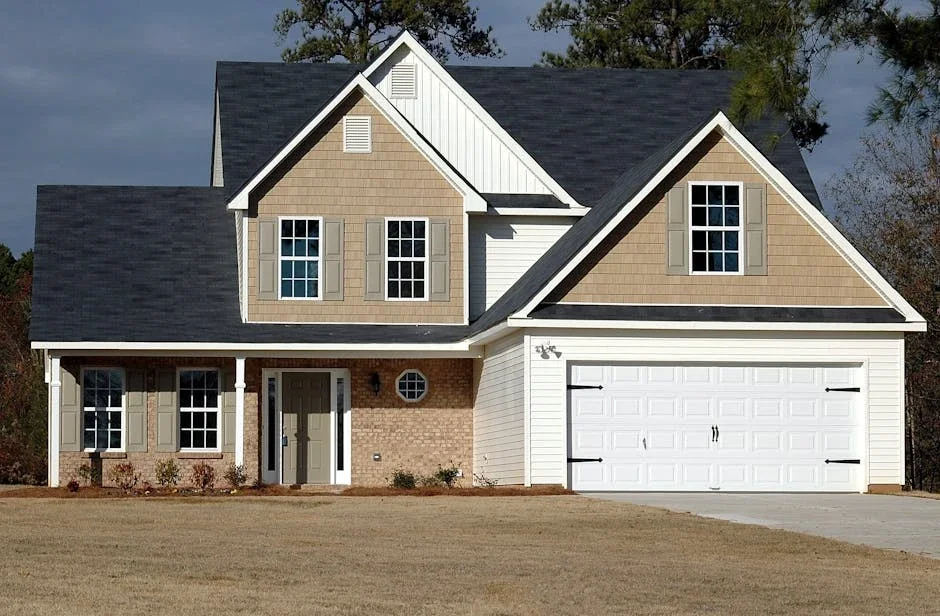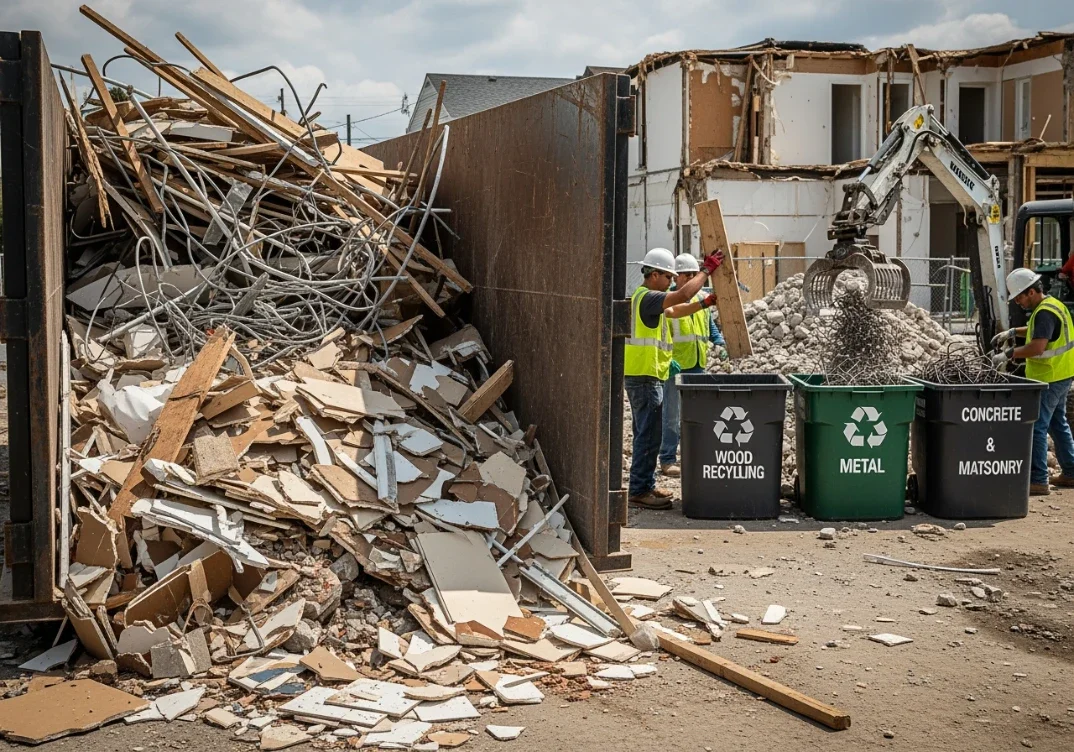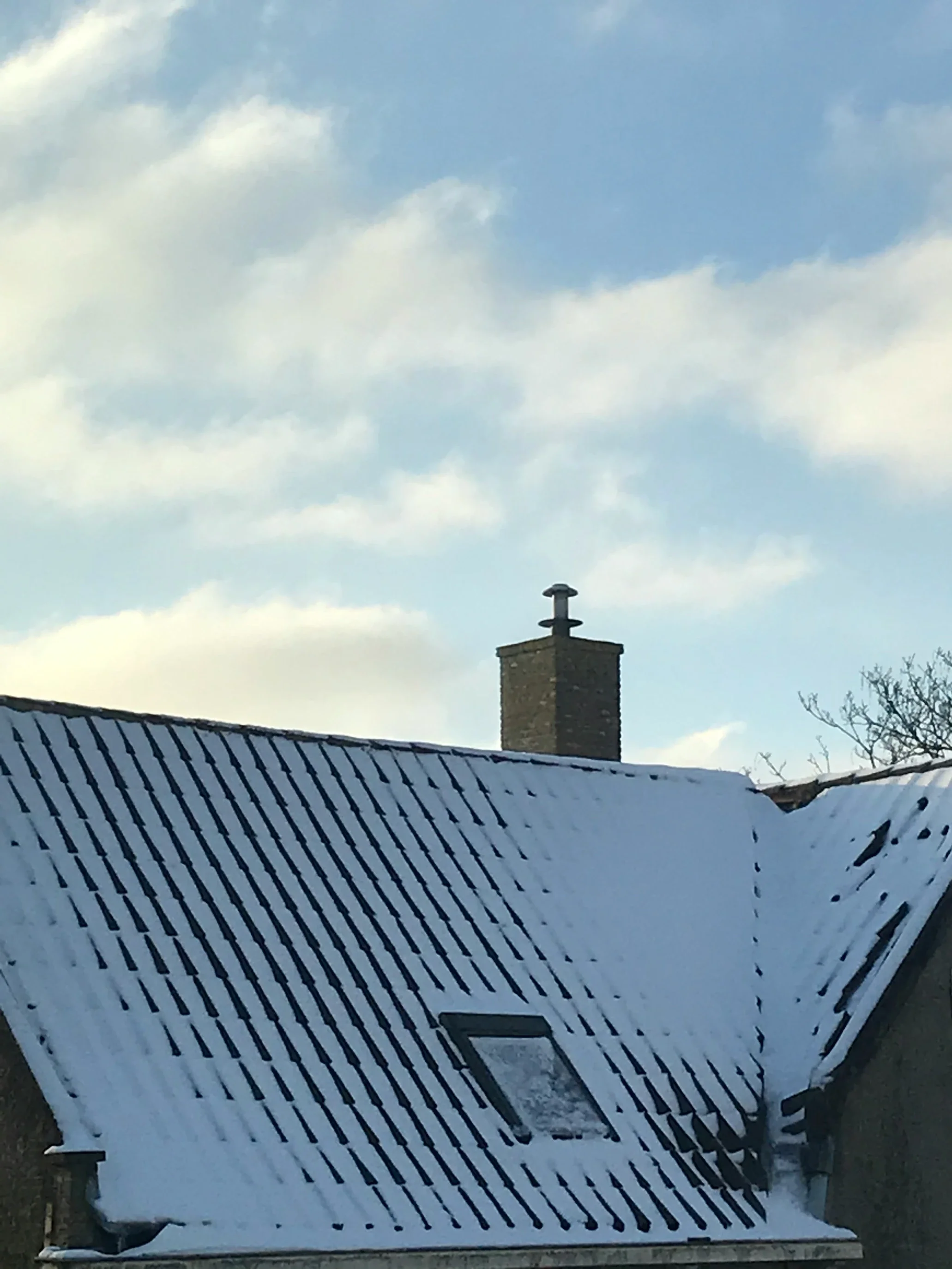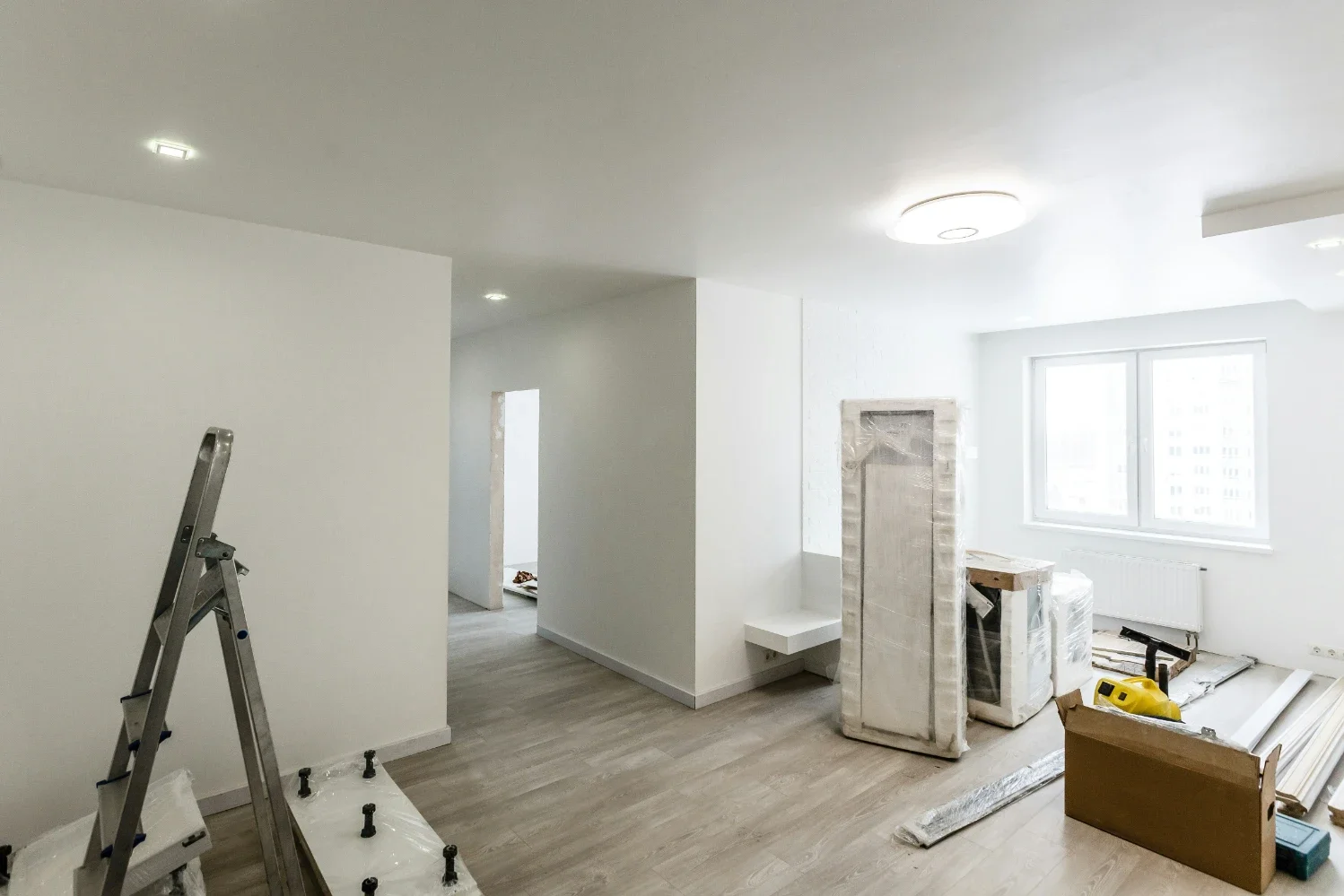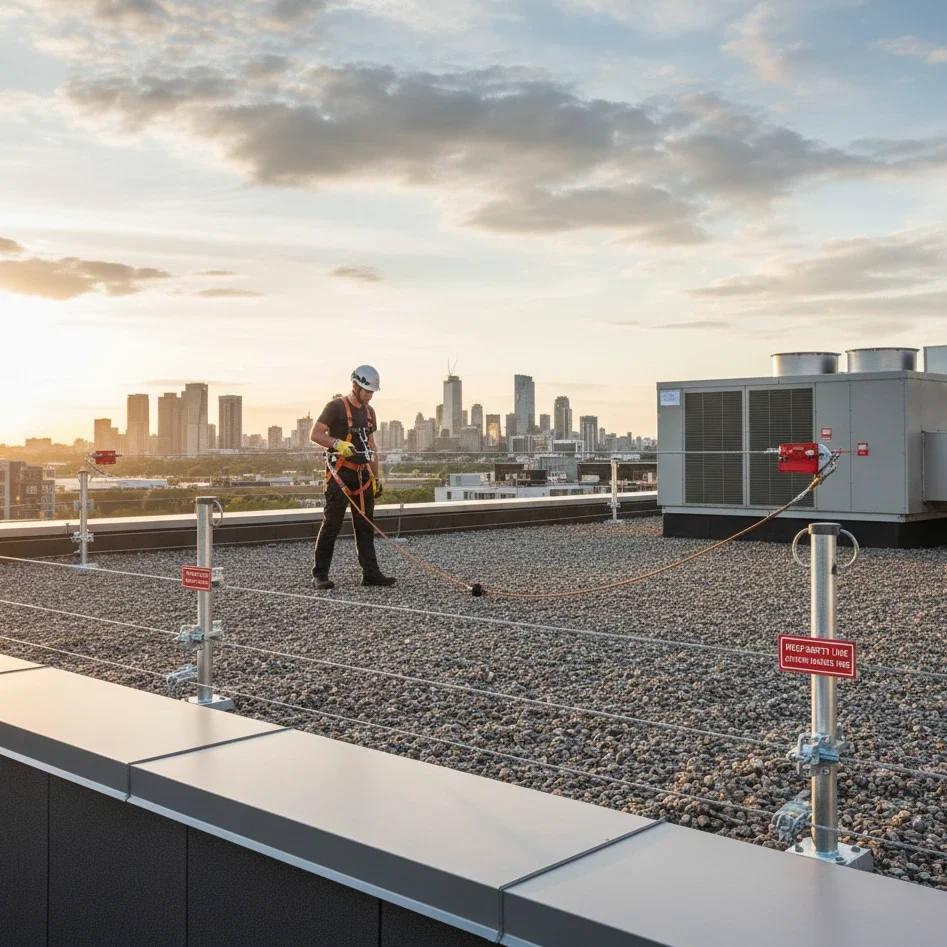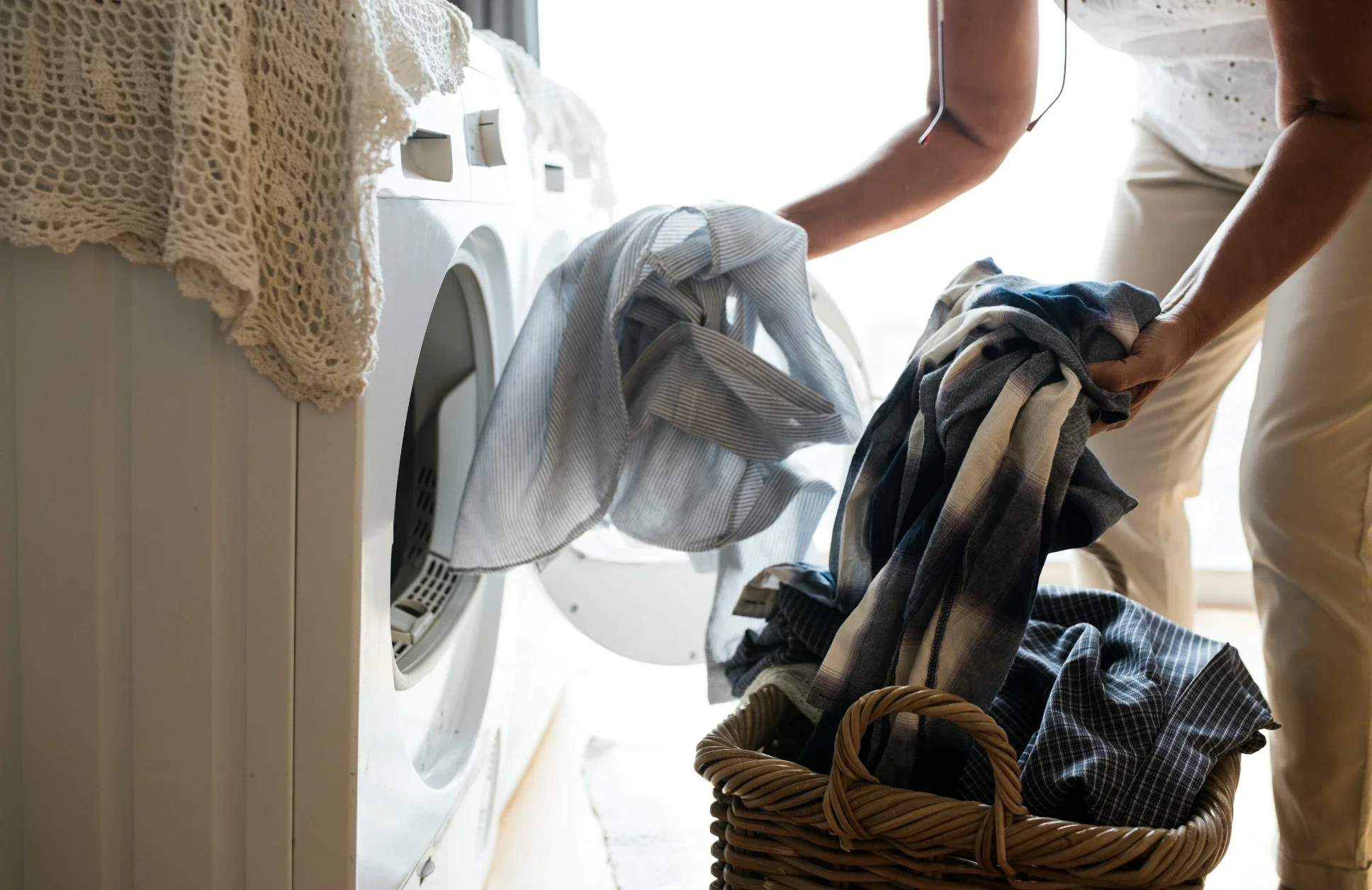Common Causes of a Slow Sink Drain and Solutions
Discover the common causes of a slow sink drain and learn effective solutions to restore proper drainage. This guide provides practical tips to keep your sink flowing smoothly.
Is your kitchen or bathroom sink taking its sweet time to drain? You’re not alone! A slow sink drain can be one of those pesky problems that seem minor at first, but can quickly turn into a major headache. Not only is it frustrating to deal with, but it can also lead to more significant plumbing issues down the line if left unchecked.
In this article on Common Causes of a Slow Sink Drain and Solutions, we’ll explore the typical culprits behind that sluggish drainage. We’ll also share practical, easy-to-follow solutions that will help you get your sink back to its speedy self. So, if you’re ready to dive into the world of plumbing problems and solutions, let’s get started!
Common Causes of a Slow Sink Drain
1. Clogged P-Trap
What Is It?
The P-trap is the curved pipe located beneath your sink. It’s designed to trap debris and prevent sewer gases from entering your home.
Why It Causes Slow Drains
Over time, the P-trap can accumulate food particles, grease, hair, and soap scum, leading to a blockage that slows down drainage.
Solution
Remove and Clean: Place a bucket underneath the P-trap to catch any water, then unscrew it using a wrench. Clean out the debris inside the trap, and reassemble it tightly.
2. Hair Buildup
The Usual Suspect
Hair is a common culprit for clogged drains, particularly in bathroom sinks and showers. It can easily accumulate and combine with soap residue, leading to stubborn blockages. Regularly cleaning drains and using a drain cover can help prevent hair from building up and keep water flowing smoothly.
Why It Causes Slow Drains
Hair can quickly bind with soap, grease, and other debris, forming a dense, solid mass that obstructs water flow in your drains. This buildup can lead to slow drainage or complete blockages if not addressed. Regular drain maintenance, such as using strainers and cleaning solutions, can help prevent these clogs.
Solution
Use a Drain Snake: A drain snake, or auger, is an effective tool for clearing hair clogs. Insert the snake into the drain and twist it as you push it down. Once it catches the hair, carefully pull it out, dislodging the blockage and restoring proper water flow.
3. Grease Buildup
The Kitchen Culprit
If you cook frequently, grease and fat can easily accumulate in your kitchen sink drain. As these substances cool, they solidify, leading to blockages over time. Regularly cleaning the drain and avoiding pouring grease directly into the sink can help prevent clogs and maintain smooth drainage.
Why It Causes Slow Drains
As grease cools, it solidifies and sticks to the sides of pipes, creating a sticky surface that easily traps other debris like food particles. Over time, this buildup can quickly result in a significant clog, restricting water flow and requiring more intensive methods to clear the blockage.
Solution
Hot Water Flush: Pour boiling water down the drain regularly to help dissolve and flush away grease buildup. For tougher clogs, mix vinegar and baking soda (1/2 cup each) for a natural cleaning solution.
4. Soap Scum
The Sticky Situation
Many soaps contain fats and oils that leave behind a residue as they wash away, contributing to buildup in drains. Over time, this residue can combine with debris, leading to clogs.
Why It Causes Slow Drains
Soap scum can cling to the insides of pipes, gradually building up and reducing water flow. Over time, this residue can lead to restricted drainage and potential clogs if not addressed.
Solution
Vinegar Rinse: Pour a cup of vinegar down the drain to help break down soap scum. Follow it up with hot water to flush the system.
5. Tree Roots
The Hidden Intruder
If you live near trees, their roots can infiltrate your plumbing system, seeking moisture from pipes. Over time, this can cause blockages or even damage the pipes, leading to costly repairs.
Why It Causes Slow Drains
Tree roots can grow into the pipes, causing significant blockages that slow drainage or even lead to pipe breaks.
Solution
Professional Inspection: If you suspect tree roots are causing issues, it’s best to call a professional plumber. They can use specialized equipment to identify and remove roots without damaging your pipes.
6. Pipe Age and Damage
The Wear and Tear Factor
Old or damaged pipes can lose their efficiency over time, leading to issues like leaks, slow drainage, or frequent clogs. Regular inspections and timely repairs are crucial to maintaining proper function.
Why It Causes Slow Drains
Corrosion, cracks, or misalignments in older pipes can restrict water flow, causing slow drains. Over time, these issues worsen, potentially leading to more severe blockages or leaks if not repaired promptly.
Solution
Consider Replacement: If your pipes are aged or damaged beyond repair, you may need to consider replacing them. Consult with a professional plumber to assess your situation.
7. Hard Water Deposits
The Mineral Buildup
If you live in an area with hard water, mineral deposits can gradually accumulate inside your pipes. This buildup restricts water flow and can eventually lead to reduced efficiency or clogged drains.
Why It Causes Slow Drains
Mineral deposits from hard water can narrow the diameter of pipes over time, reducing water flow and affecting drainage efficiency. This buildup can lead to slow drains and potential blockages if not addressed.
Solution
Descaling Agents: To combat mineral buildup, use a descaling agent specifically designed for plumbing systems. Regularly flushing your pipes with a solution like vinegar can also help dissolve deposits, maintaining proper water flow and preventing potential clogs caused by hard water.
Solutions for Preventing Slow Drains
1. Regular Maintenance
Check Your Drains: Regularly inspecting your drains is essential for maintaining proper function. Look for signs of slow drainage or unusual odors, which can indicate blockages. Addressing these issues early helps prevent them from escalating into more significant and costly plumbing problems.
2. Use Drain Screens
Install Screens: Place drain screens over your sink and shower drains to catch hair, food particles, and other debris before they enter the plumbing system. This simple measure helps prevent clogs from forming, keeping your drains clear and functioning smoothly.
3. Flushing Drains Regularly
Hot Water Flushes: Periodically pouring hot water down your drains can help dissolve and wash away grease, soap scum, and other residues. This simple maintenance step prevents buildup, keeping your drains clear and reducing the risk of clogs over time.
4. Be Mindful of What Goes Down the Drain
Proper Disposal: Avoid putting food scraps, grease, or any non-disposable items down the drain. This simple habit can significantly reduce the risk of clogs.
Conclusion
Dealing with a slow sink drain can be a real hassle, but understanding the Common Causes of a Slow Sink Drain and Solutions can help you tackle the issue effectively. Whether it’s hair buildup, grease, or mineral deposits, most clogs can be managed with a bit of elbow grease and some preventative measures.
By staying proactive about your drain maintenance, using natural cleaning solutions, and being mindful of what you dispose of in your sink, you can keep those pesky clogs at bay. So, the next time you notice that water pooling up in your sink, don’t panic! Follow the steps outlined here, and you’ll be back to smooth drainage in no time. Happy plumbing!
Frequently Asked Questions
1. How often should I clean my sink drains?
It's wise to clean your sink drains at least once a month to prevent buildup and clogs.
2. Can I use chemical drain cleaners?
While chemical drain cleaners can be effective, they can also damage pipes and the environment. Consider using natural methods first.
3. What should I do if I can’t remove the clog myself?
If your attempts to clear the clog are unsuccessful, don’t hesitate to call a professional plumber to address the issue.
4. Are there any signs that indicate my sink is about to clog?
Watch for slow drainage or gurgling noises, as these are often early signs of a developing clog.
5. Can I use baking soda alone to clear a drain?
Baking soda is more effective when combined with vinegar or hot water, as this creates a reaction that helps break down clogs.





